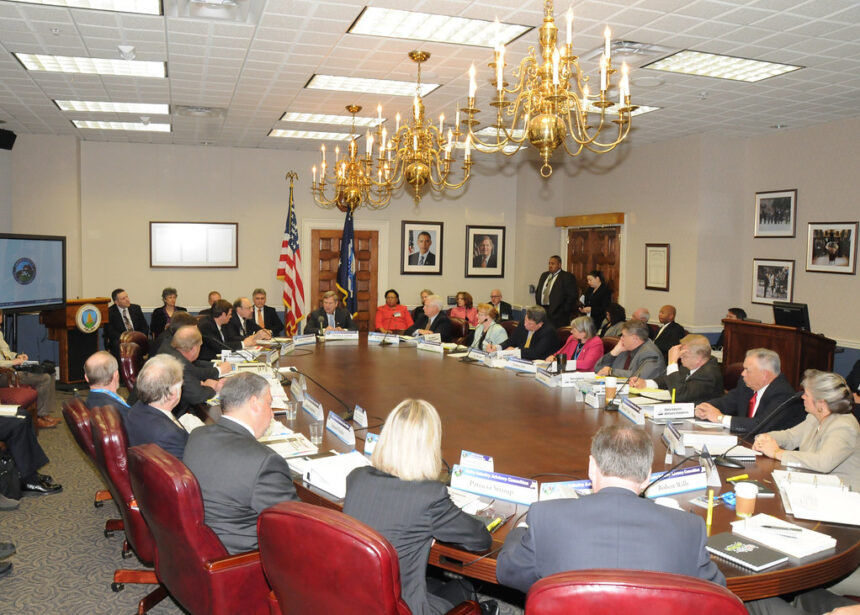The shares of Jammu and Kashmir Bank fell sharply in early trading on Wednesday. They dropped nearly 9% after a terrorist attack that left 26 civilians dead in Pahalgam, a popular tourist resort in north Indian Jammu & Kashmir.
Investors have been spooked by the incident that occurred in Baisaran on Tuesday, an idyllic meadow known as “mini Switzerland.” It has sparked fears about increased instability and raised concerns.
Stocks dropped by as much as 8,6% at the BSE and reached an intraday minimum of Rs103.41 per Share.
By 10:30 am, the combined National Stock Exchange and BSE had traded nearly 16,1 million shares, which is significantly higher than the average two-week volume.
Around 0.70 millions shares were traded on the BSE, which is well above recent averages of 0.52 Million shares.
The stock fell by 8.5% at 1:10 PM IST.
Deepak Jasani is a veteran stock-market analyst quoted by Business Standard. He says that the stock had a negative reaction.
The evolving situation will determine the sentiment of the stock in the next few days. He said that the stock could recover, but with a gap, if things do not worsen.
TRF accepts responsibility for one of the most deadly attacks against civilians
Around 3 pm on Tuesday, the attack took place in Baisaran. It is located approximately six kilometers from Pahalgam.
The meadow attracts tourists from all over India, as well as visitors from abroad in the spring and summer.
The Resistance Front, a proxy for the Lashkar-e-Taiba banned group based in Pakistan, has claimed responsibility.
Omar Abdullah, the Chief Minister of Jammu and Kashmir said in a statement that the attack was “much more than we have seen targeted at civilians over the past few years.” He hinted at possible implications both for local security and geopolitics.
International condemnation has been expressed. US President Donald Trump and Russian President Vladimir Putin as well as British Prime Minister Keir starmer have all made statements condemning the attack.
Analysts: Retaliation from India may cause short-term volatility in the market.
The Indian market continued to rise despite the tragedy. Benchmark indices extended their rally on Wednesday for the seventh session in a row.
This is a sign of investor confidence, according to analysts. However, geopolitical issues remain a major concern.
Vinit Bolinjkar is the Head of Research for Ventura Securities. He said that any short-term volatility in the market could be caused by India’s retaliation.
Market reaction could be minimal unless India takes a strong military action towards Pakistan. He said that the markets have already absorbed extreme events such as the Russia-Ukraine conflict and the US/China tariff standoff during President Trump’s tenure.
Kranthi bathini, director of equity strategy at WealthMills Securities echoed the same view.
Investors will be watching closely the next moves of the government, whether it is through targeted military operations or diplomatic actions.
The macroeconomic background today is different than it was in 1999 during the Kargil war. India’s economy has more than doubled in less than two decades, Bathini said. This suggests that India is better equipped to handle geopolitical shocks.
Ajay bagga, a veteran analyst, noted that, while the markets might remain cautious for the near future, any drops in response to a possible Indian retaliation will likely be temporary, just as they have been in previous instances.
This article Pahalgam terror attacks: J&K Bank share prices fall, analysts warn about short-term volatility in the event of retaliation by India appeared first on The ICD




